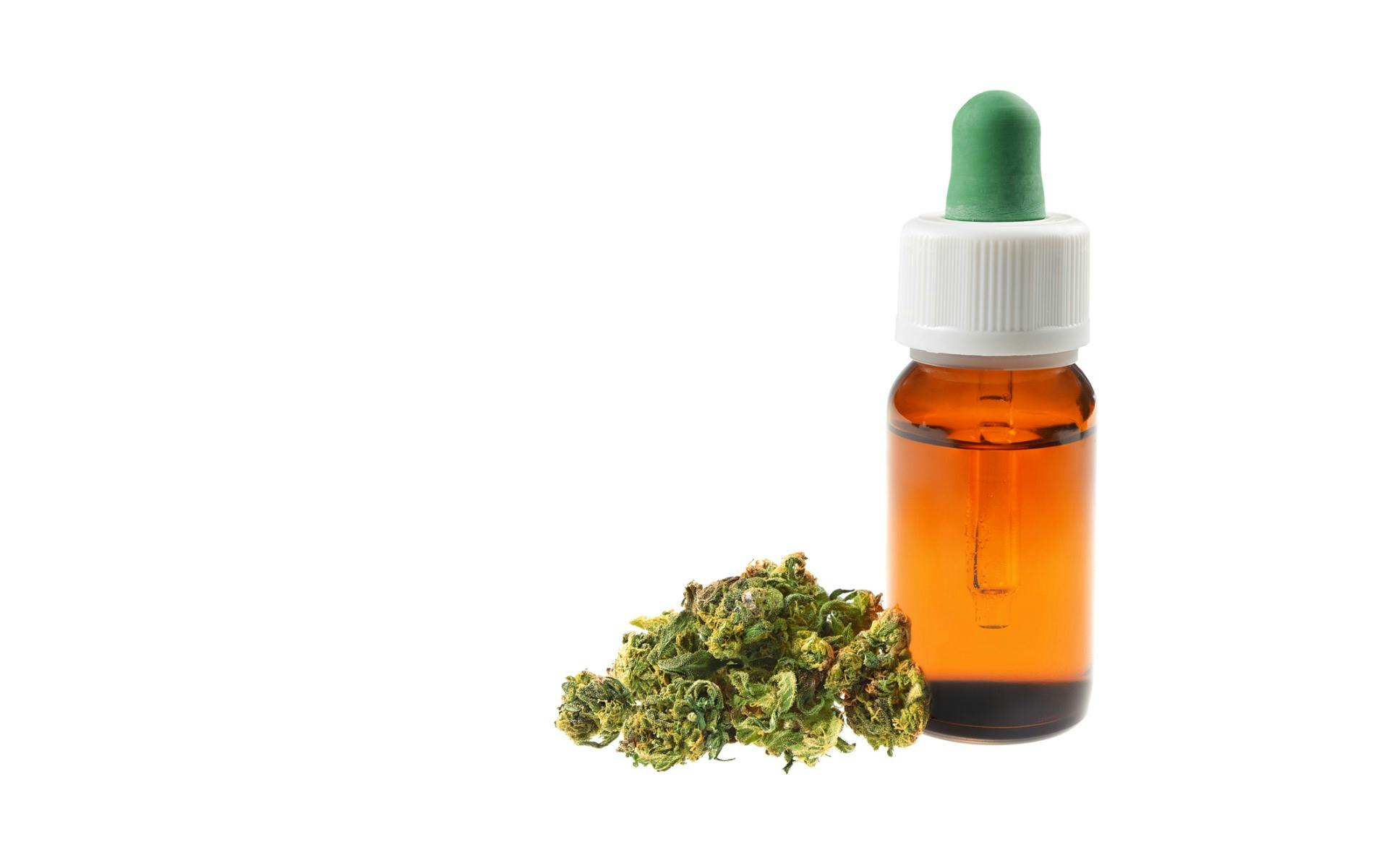Is marijuana legal in Kansas?
Current legality status
illegal
Cannabis is illegal under state law.
Marijuana is not legal in Kansas. Both medical and recreational use is prohibited. CBD oil containing less than 5% THC is legal for people with certain debilitating medical conditions. Federally, over-the-counter CBD must have less than 0.3% THC. Producers who process the industrial hemp necessary to distill CBD must obtain a license.
The penalties for marijuana possession in Kansas are steep. Possession of marijuana for personal use, generally thought to be less than 25 grams, may result in misdemeanor convictions on the first and second offenses.
Penalties:
- First offense: $1,000 fine and a maximum prison sentence of six months
- Second offense: $2,500 fine and a maximum prison sentence of a year
- Third offense: felony, fines up to $100,000 and up to 3.5 years in jail
Distribution penalties are draconian as well. Intent to distribute less than 25 grams is a felony and may result in up to 51 months in prison and fines of up to $300,000.
Larger amounts result in even more stringent sentencing, with penalties topping out at 17 years in jail and $500,000 in fines.
Similarly, cultivation penalties go up with the number of plants, with as few as five plants resulting in a felony conviction, up to seven years in jail, and a maximum fine of $300,000.
Kansas’ strict marijuana laws resulted in the arrest of 5,608 people in 2016.
Kansas recreational & medical marijuana legalization efforts
Kansas recreational and medical legalization efforts are slow going. Changing the law requires an act of the legislature, which meets once a year for a maximum of 90 days in even-numbered years and for a period of unlimited duration in odd-numbered years. The state does not have a ballot initiative procedure.
A bill to legalize medical marijuana in Kansas (HB 2017) was introduced in the House in June 2020, but died in the Committee on Federal and State Affairs within a day, having been introduced during a brief special session.
In October 2019, that committee issued recommendations for a medical marijuana program that would exclude unrefined plant products and vaping. The committee also suggested that medical marijuana cardholders from other states found in possession of cannabis products should not be prosecuted.
Legislation in 2016 (HB 2462) and 2017 (SB 112) reduced penalties for possession.
Legislation (SB 9, HB 2011) to establish a medical marijuana program introduced in 2015 died in committee. A number of previous attempts have failed over the years as well. Legislation passed in 2018 (SB 282) legalized the sale and use of CBD.
Governor Laura Kelly (D) has stated that she would like to ratify a medical marijuana bill and would likely support legalization of recreational marijuana as well. US Representatives Roger Marshall (R) and Ron Estes (R), incumbents in the 2020 election, have stated their opposition to recreational legalization. Both Republican US senators are also against legalization.
A 2019 survey found that 63.1% of Kansas residents supported legalizing recreational marijuana.
Kansas residents can register to vote here.
Kansas cannabis DUI laws
Like everywhere else, it’s illegal to drive while under the influence. Cannabis is a controlled substance in Kansas, and you can’t drive intoxicated on a controlled substance. “Intoxicated” is defined as “Not having the normal use of mental or physical faculties by reason of the introduction of … a controlled substance.”
Drivers in Kansas have implied consent to one or more tests to determine the presence of alcohol or drugs. A person is deemed guilty of a DUI if they are under the influence of any combination of drugs and/or alcohol, or if they are a habitual user of narcotics. If they refuse to submit to a chemical test, none shall be given, but their driving privileges will be revoked for one year.
- First offense: 48 hours mandatory imprisonment or 100 hours community service, $750 to $1,000 fine, 30-day suspended license plus 180 days of restricted driving privileges
- Second offense: 90 days to one year imprisonment, $1,250 to $1,750 fine, one-year suspended license plus one year driving with IID installed
- Third offense: Felony offense if there is a conviction in the previous 10 years, misdemeanor if not; 90 days to one year imprisonment, $1,750 to $2,500 fine, one-year suspended license plus two years driving with IID installed; must complete court-ordered treatment program for drug and alcohol abuse, one year post-release supervision under Secretary of Kansas Department of Corrections
- Fourth and subsequent offenses: Felony offense; 90 days to one year imprisonment, $2,500 fine, one-year suspended license plus three years driving with IID installed for fourth offense and one-year suspended license plus 10 years driving with IID installed
- Fifth offense: must complete court-ordered treatment program for alcohol and drug abuse, one year post-release supervision under Secretary of Kansas Department of Corrections
For more information, please refer to Kansas DUI Laws.
Common questions about marijuana legalization in Kansas
Are edibles legal in Kansas?
No. Edibles (like pot brownies) are illegal. There is no legislation specific to edibles in Kansas. The most recently proposed medical marijuana legislation did provide for edibles.
Is Kansas a legal recreational state?
No, Kansas is not a recreational weed state. It’s an extreme prohibition state.
Can you get a medical marijuana card in Kansas?
No. However, you can consume CBD containing up to 5% THC if you carry a doctor’s note.
Is smokable hemp allowed in Kansas?
While cultivation of hemp containing less than 0.3% THC is legal in Kansas, selling hemp flower to consumers is not. CBD retailers have been prosecuted for attempting to sell smokable hemp.
Is CBD legal in Kansas?
Yes. If you have a doctor’s note, you can consume CBD containing up to 5% THC.
What are the proposed medical program’s qualifying conditions?
Medical marijuana is not legal in Kansas, but the most recent proposed legislation defines a qualifying medical condition as “a temporary disability or illness due to injury or surgery or a permanent disability or illness that substantially limits the ability of the individual to conduct one or more major life activities as defined in the Americans with disabilities act of 1990, public law 101-336; or if not alleviated, may cause serious harm to the individual’s safety or physical or mental health.”
Learn more about marijuana legalization in Kansas
Keep up with the latest news about legalization in Kansas
Stay current on Kansas’ fast-changing laws by bookmarking Leafly politics and signing up for our newsletter.
Post last updated Sept. 8, 2020
By providing us with your email address, you agree to Leafly's Terms of Service and Privacy Policy.


